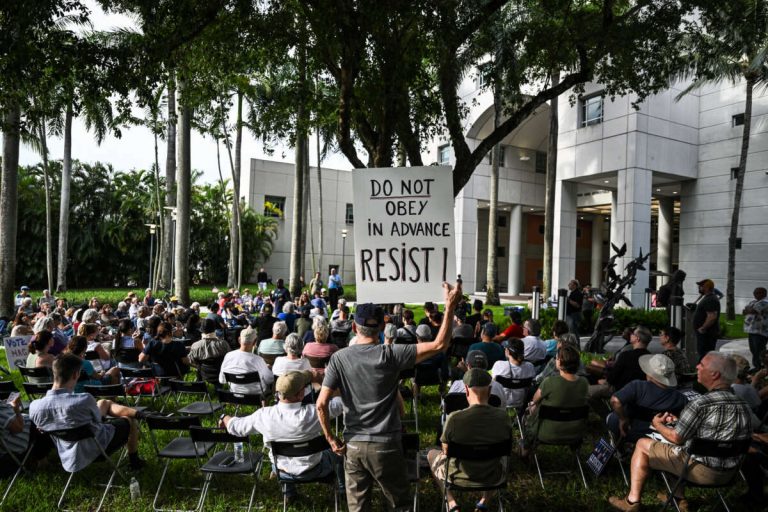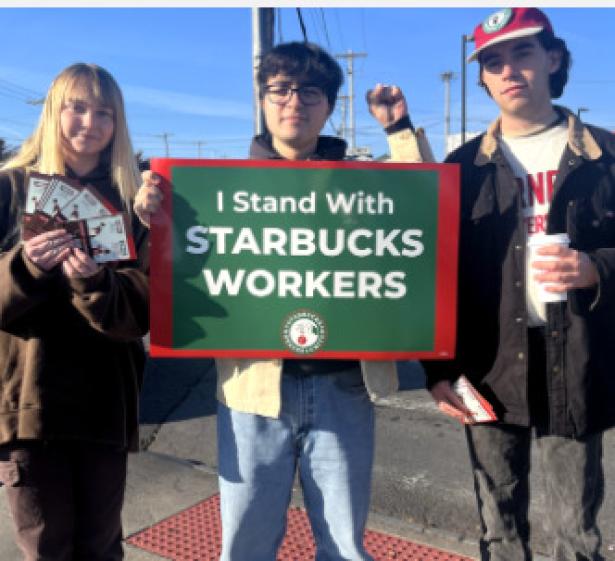In 2025, Educators Didn’t Just Endure Repression; They Built Resistance
On a humid June afternoon, I arrived at Florida International University expecting to give what I thought would be a standard talk on my new book, Teach Truth, about the escalating assault on antiracist education. But when historian and freedom fighter Dr. Marvin Dunn took me to the campus, he made clear this would be no ordinary event.
“This is Florida,” he said. “They banned saying ‘systemic racism’ in the classroom.”
I knew this was true in theory. But when he locked eyes with me and I saw the turmoil beneath his composure, it became profoundly real.















